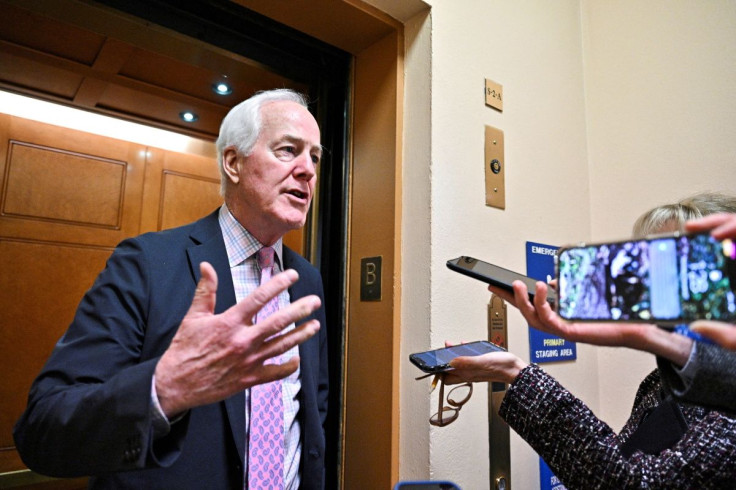FBI Steps Into Texas Redistricting Battle As Democrats Flee State To Block GOP Plan

A deepening political crisis in Texas escalated this week as Senator John Cornyn confirmed that the FBI has agreed to assist in locating Texas House Democrats who fled the state in an effort to block a Republican-led congressional redistricting plan. The tactic, known as denying quorum, has become a flashpoint in an increasingly polarized political environment. Cornyn publicly thanked President Trump and FBI Director Kash Patel for their prompt response, signaling federal intervention in a state legislative dispute.
According to The Texas Tribune, FBI agents have been deployed in San Antonio and Austin to locate the missing lawmakers, although the FBI itself declined to comment on the details of the operation. Cornyn framed the intervention as necessary to enforce lawmakers' obligations and to prevent what he described as a "dereliction of duty."
Meanwhile, as reported by ABC News, Democrats vehemently opposed the federal involvement. House Minority Leader Hakeem Jeffries criticized the use of federal law enforcement against elected officials, calling it a politicization of the FBI and an attempt to intimidate political dissenters. He stressed that fleeing the state is a legal form of protest, not a criminal offense.
Politico further highlighted the legal uncertainties surrounding the FBI's role, noting that the act of denying quorum, while controversial, is not a federal crime. Legal experts warn that using the FBI in this context risks setting a dangerous precedent for federal overreach into state governance and political disputes.
Adding to the complexity, several sanctuary states, including California, Illinois, and New Mexico, have offered refuge to the fleeing Texas Democrats, escalating the dispute into a national flashpoint. The ongoing redistricting battle underscores the increasing use of extraordinary political tactics in America's most polarized states.
© Copyright IBTimes 2024. All rights reserved.




















